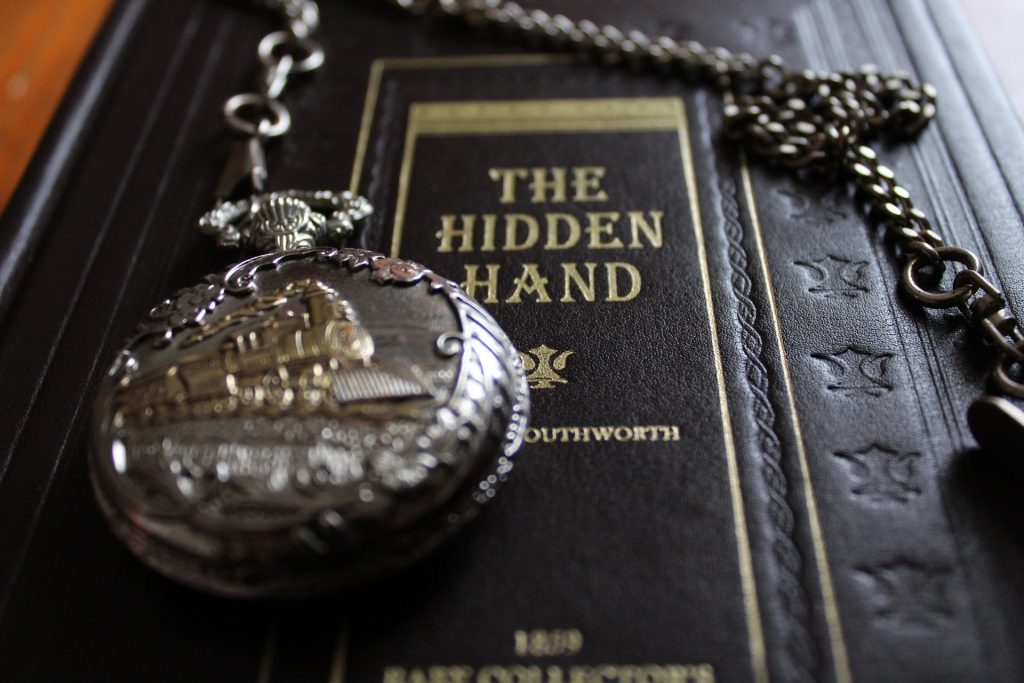In this edition of Grammar Corner, we discuss some of the most widely used grammar errors in the English language. We don’t just correct you, though; we pinpoint exactly why a particular word/phrase/idiom is used incorrectly, while providing the context for each mistake, and then providing the right word/phrase/idiom.
Most of the time, a grammar error occurs because of homophones. Homophones are two words that sound exactly the same, but mean vastly different things. But it’s not just their meaning that’s different; homophones can also function as vastly different parts of speech.
In this edition, we discuss a common grammar error: cannon vs. canon.
What is the Difference Between Cannon and Canon?

Simply put, cannon and canon are two vastly different things: one is a large gun, the other is a large body of written works, principles, or Holy Scriptures.
Cannons are a type of firearm that’s usually used as artillery by militaries. It launches a projectile using a propellant, usually in the form of gunpowder. Cannons vary in terms of caliber and size. The word ‘cannon’ is derived from the Old Italian word cannone, which means a tube of a large size. Cannone itself is derived from the Latin canna, which is itself derived from the Greek word kanna, meaning reed (alluding to the shape of the cannon as a large, reed-like tube).
When to Use Cannon
Use the word cannon when you’re referring to any large type of gun that acts as artillery during warfare, for example:
The American Civil War saw some of the most advanced cannons of that time serve in action.
This battleship is armed with 5 cannons, which seems like overkill, really.
Hey Stanley, if you’re going to fire off that antique cannon, at least make sure I’m not at the receiving end.
I know that cannons are now referred to as howitzers or artillery guns, but I just really like the sound of it.
You can’t sink that ship with such a small cannon; get a bigger one.
Is that a pistol or a hand cannon?! What are you trying to shoot down, Mothra?
Cannon can also be used as a verb; in which case, the word isn’t conjugated, but rather used exactly as it is, for example:
The general ordered his troops to cannon the enemy forces hunkered on the face of the mountain, not knowing that the enemy was already on the valley on the other side.
When to Use Canon

Canon, on the other hand, is vastly different from cannon. Unlike the weapon of war, canon refers to a large body of writing. It’s usually used to refer to books, but can also be used to refer to a series of established principles, rules, or law. Alternatively, it’s also used to refer to Church doctrine, as well as books accepted in the Bible. For example:
How good do I have to be to become part of the Saskatchewan literary canon? –Canon as a large body of writing.
I mean, sure, the western canon of literature is great, but it’s the Aboriginal Guatemalan literary canon that’s got all the good stuff – Canon as a large body of writing.
Well hey now, Steve, don’t drink from the cup; that’s against the company canon of good conduct! –Canon as a series of established rules or principles.
By punching the goalie, you just violated one of the canons of Water Polo –Canon as a series of established rules or principles.
Canon Law dictates that only a priest can perform exorcisms, so you’re not fooling me, Constantine, I am NOT paying you for taking that demon out of my dog –Canon as Catholic Church doctrine or law
The Catholic Canon has 73 books, while the Protestant Canon only has 66. Meanwhile, the Church of the Flying Spaghetti Monster only has 1: The Loose Canon –Canon as accepted books in the Christian bible.
Which One to Use: Cannon or Canon?
The easiest way to remember which word to use is this: if you want to destroy something, use a cannon. Meanwhile, if you want to read something, read the western canon.
Or, alternatively:
Cannon with two N’s = booms
Canon with one N = books
















